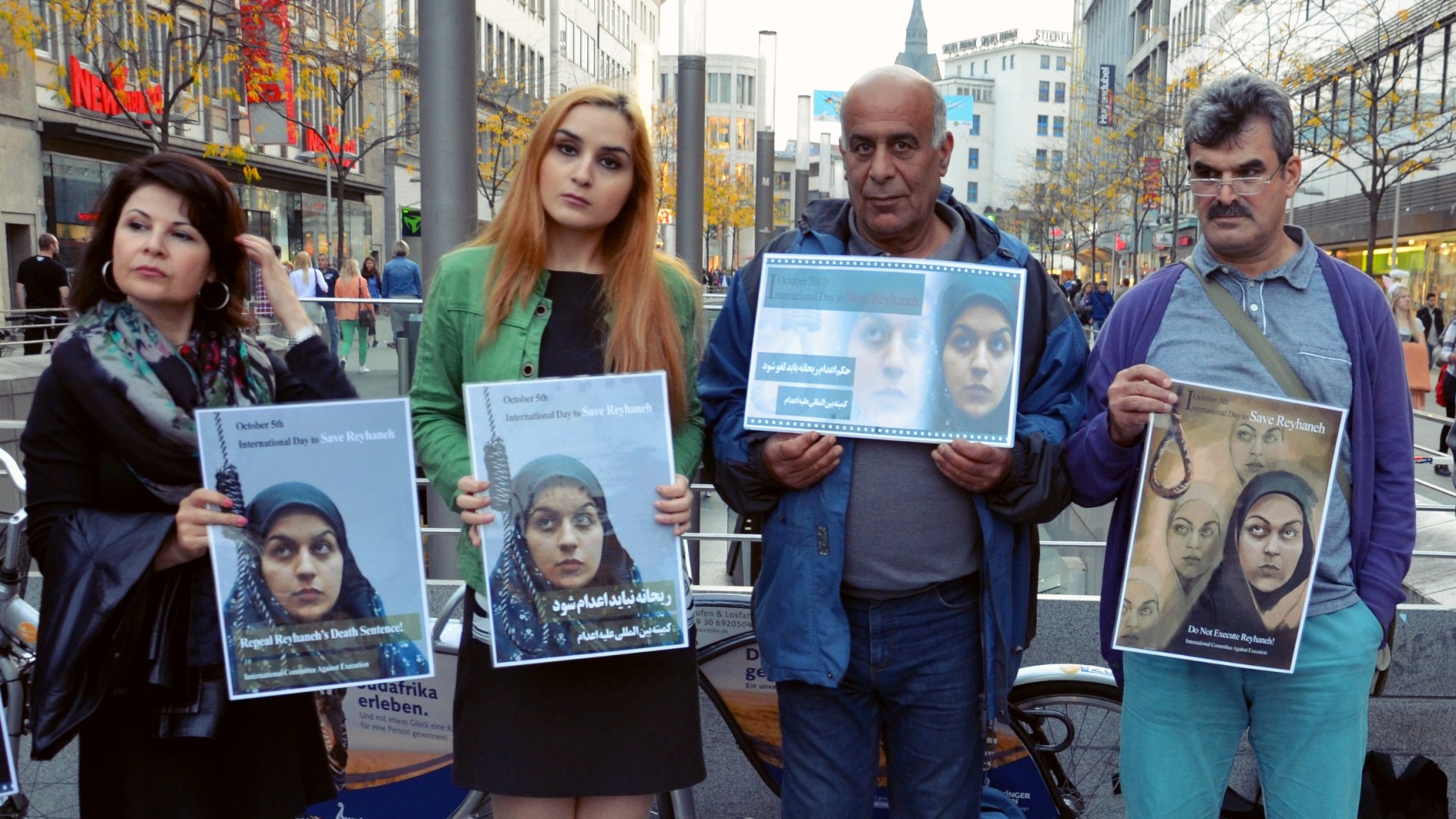Christians have rallied around the stories of our sisters across the globe who’ve faced horrific punishments for their faith, from Meriam Ibrahim in Sudan to Asia Bibi in Pakistan. While the church is rightly concerned with the persecution and eradication of Christians in many parts of the world, including in the regions currently under ISIL’s control, there is reason for us also to be alarmed by the global attack on women of all faiths.
In his recent CT article, “Why ISIS Must Be Stopped,” Matt Reynolds makes the following statement:
As Christians, the suffering of fellow believers tends to pierce our hearts more profoundly. We sympathize, often achingly, with the plight of non-Christians under persecution. But it’s savagery against Christians that really gets our blood boiling.
In an increasingly globalized and connected world, we have the chance to embrace the model of Christ fully and completely. As Reynolds alludes to, it is easy to show compassion for the other when she is also Christian. It is a greater challenge, and a more powerful Christ-like witness, when we care for those with whom we share no racial, cultural, geographical, or religious connection.
This means that not only do we stand up for the Meriam Ibrahims and Asia Bibis of the world—individuals persecuted solely for their Christian beliefs by non-Christian governments and groups—but also for the 23-year old woman gang-raped in India; the young Muslim woman stoned to death in an “honor” killing in Lahore, Pakistan; and the many women and girls systematically marginalized and raped in Burma. In fact, a recent report by the World Health Organization estimates that one-third of all women globally have been victims of some form of violence.
The latest example of such an injustice comes in Iran, where 26-year-old Reyhaneh Jabbari was executed by hanging for killing a man to defend herself from sexual assault. Reyhaneh asserted that she was acting in self-defense when she stabbed Morteza Abdolali Sarbandi, fending off his attempted rape. Yet, despite a myriad of errors in the investigative process, and accusations that her confession was forced under the threat of torture, Jabbari was sentenced to death in 2009 under Shari'a law.
The Huffington Post UK describes the execution of Jabbari as “the moment that an Iranian mother weeps as she learns her young daughter has been hung for the murder of the man she said was trying to rape her.” Christians worldwide can weep along with Reyhaneh’s mother. Indeed, as followers of Christ, we can weep for the thousands of women like her who are murdered, maimed, or disfigured under religious laws that blame female victims, that treat women as less than human.
Sadly, the rape and killing of women under religious or cultural mores is a crisis of incredible proportions—one that mobilizes the faithful to action. These injustices speak to the very heart of Christ and his purpose for the church. In Isaiah 1:17 God calls upon his people to “Learn to do good. Seek justice. Help the oppressed. Defend the cause of orphans. Fight for the right of widows.” Psalm 82:3 says that we are to "give justice to the poor and the orphan; uphold the rights of the oppressed and the destitute.” In essence, God calls upon his people to protect those unable to protect themselves, without any qualifications as to race, religion, or nationality.
As ones who seek after God’s own heart, we are instructed to mourn for the marginalized. Our efforts to fight for justice as we stand up against the persecution of Christians at the hands of “the other” must continue when the other becomes the persecuted.
In the parable of the Good Samaritan (Luke 10:25-37), Jesus attempts to address these issues. He tells the story of a man who is attacked by robbers on his way to Jericho from Jerusalem and left for dead by a passing priest and Levite, only to be rescued by a Samaritan—a member of one of the lowest and most reviled classes of people by the Jews. Instantly moved by the man’s condition, the Samaritan dresses his wounds and seeks out an inn where he pays the innkeeper to take care of him.
With this parable, Jesus makes a stark contrast between those who merely “know” the law and those who live out the law in their actions. Jesus commends his followers to conduct themselves in the manner of the Samaritan by showing compassion and love for those we encounter in our everyday lives—irrespective of race or religion. The only criterion is need.
The people with whom we share no racial, cultural, geographical, or religious connection can be the very ones Jesus calls us to care for—those who are least able to protect themselves—someone exactly like Reyhaneh Jabbari. And though our time to protect Jabbari is now past, there are vulnerable women the world over who are desperate for the protection and covering of someone.
We Christians can speak out and guard women from “Judea, Samaria and the uttermost ends of the earth.” As long as we have breath, we have an opportunity to become the Good Samaritan, to become conformed in the image of Christ. This is our highest calling, to love our neighbor as ourselves.
Christy Vines is the executive director of the Center for Women, Faith & Leadership and former senior vice president for Global Initiatives and Strategy at the Institute for Global Engagement (IGE) in Washington D.C. She writes on issues of religion, gender and security and serves as an advisor and thought leader on these issues. Her most recent articles have focused on the roles of women of faith in defeating terrorism and the rebuilding of post-conflict states.









